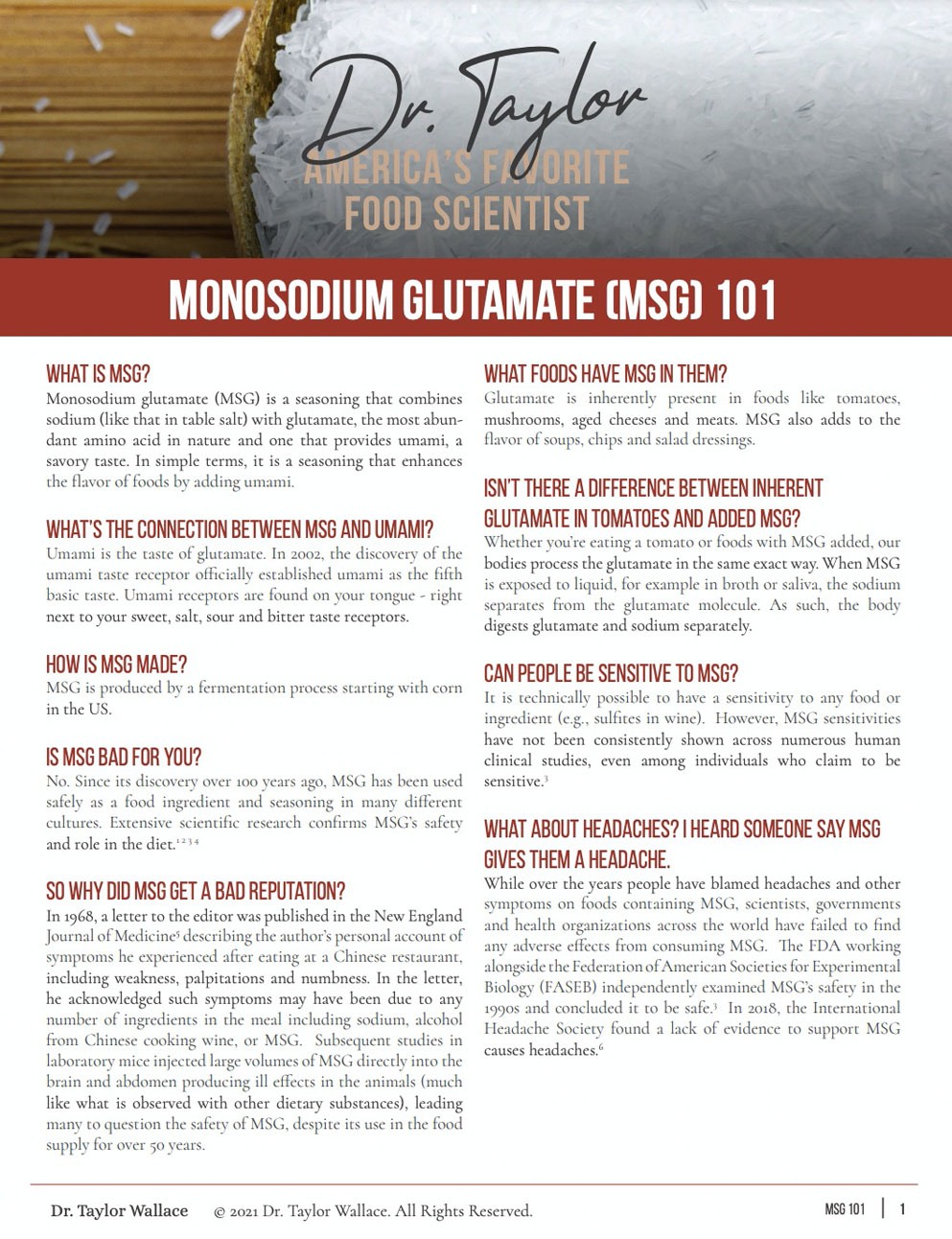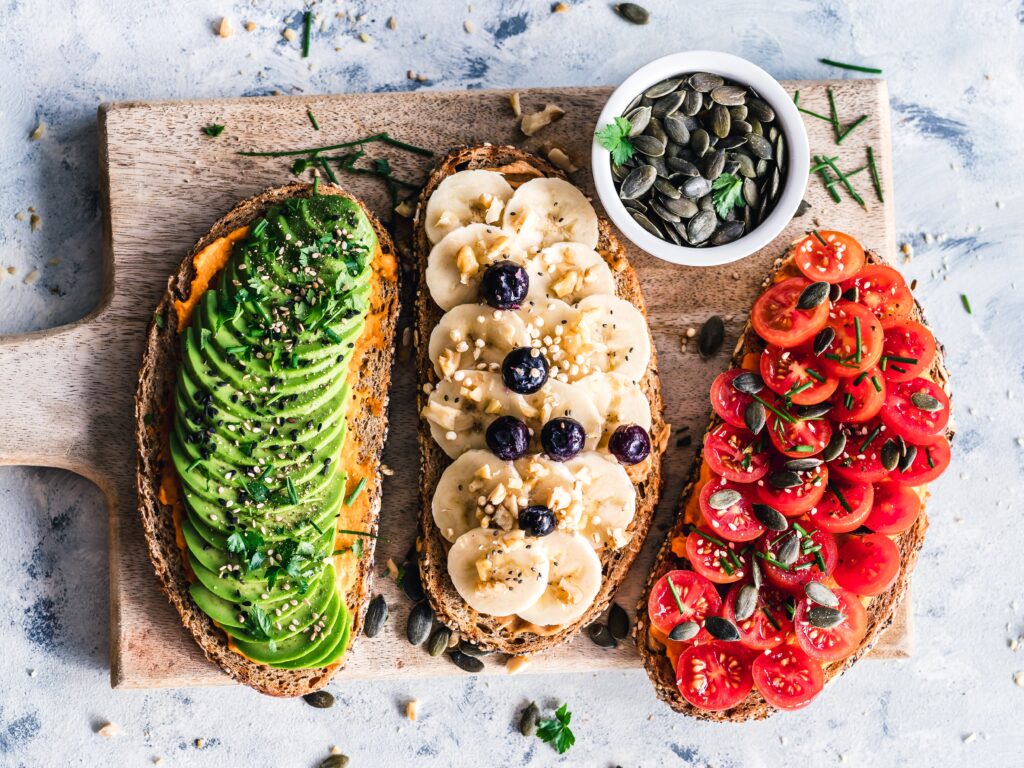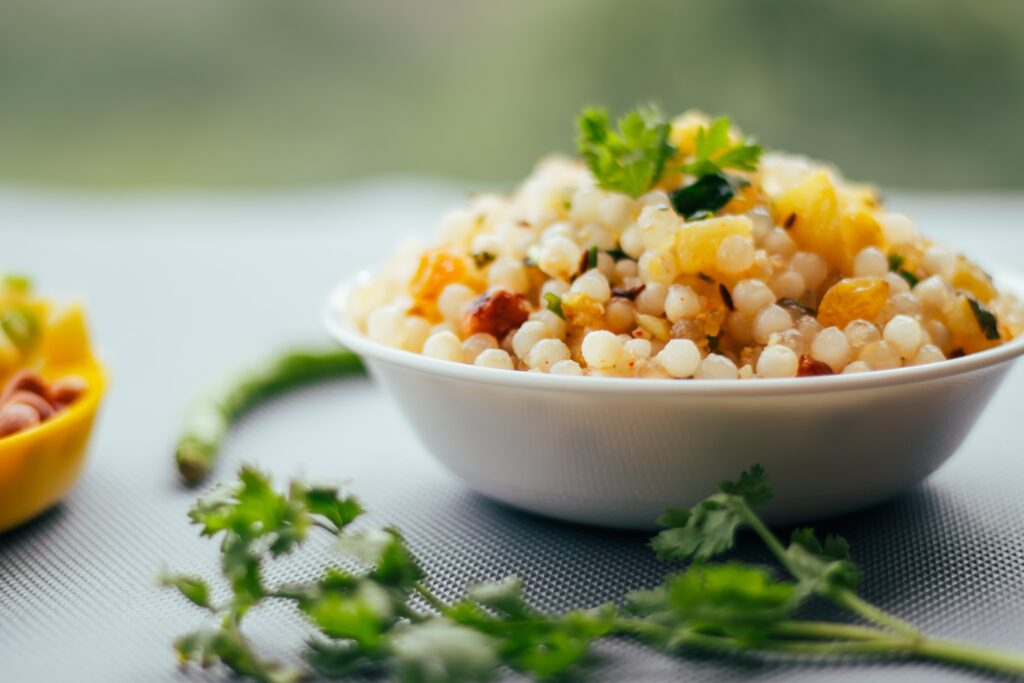Sugar Substitutes for Cooking

- March 14, 2020
If you’re trying to reduce the sugar and calories in your diet, you may be turning to artificial sweeteners or other sugar substitutes. You aren’t alone.
The average American consumes about 165 pounds of added sugar per year, while the U.S. Dietary Guidelines continue to advocate limiting intake to less than 10% of calories. Eliminating sugar however isn’t as easy as it may seem. Sugar helps make baked goods and puffy, golden brown and moist. It provides the desired sweetness and bulk to all types of culinary creations and grocery store products. If we are going to cut back on added sugars in the food supply, then food scientists first must figure out how to replace it.
Luckily there are a few current options!
Sugar substitutes are often added to food products to lower the amount of calories and sugar present in a food product. There are two main types of sugar substitutes: sugar alcohols (also known as polyols) and artificial sweeteners.
Sugar alcohols commonly found in foods are sorbitol, mannitol, erythritol, xylitol, isomalt, and hydrogenated starch hydrolysates. They are one type of reduced-calorie sweetener. You can find them in ice creams, cookies, puddings, candies and chewing gum that is labeled as “sugar-free” or “no sugar added.” Sugar alcohols provide fewer calories than sugar and have less of an effect on blood glucose (blood sugar) than other carbohydrates since they are poorly absorbed by the body and may have somewhat of a laxative effect. They are derived from natural sugar present in plants and chemically altered to be less absorbed by the body. The advantage of sugar alcohols is that they provide the same bulk and texture to food products as normal sugar with only a small portion of the calories.
Artificial Sweeteners commonly found in foods are acesulfame K, aspartame (i.e., Equal), saccharin (i.e., Sweet’N Low) and sucralose (i.e., Splenda). They are also known as high intensity sweeteners because they can be hundreds, even thousands of times sweeter than regular table sugar. They have negligible to no calories and only tiny amounts are used because of their intense sweetness attributes.
If you are looking to cut back on calories or simply change up a flavor, sugar substitutes may be a good alternative. Each one has specific properties (e.g., aspartame does not do well with baking) that make it useful in certain situations. The downside to sugar substitutes is that they do not encourage changes in dietary patterns. For maintaining weight its always best to move towards a plant based diet that is low in saturated fats and refined carbohydrates (including added sugars). Sometimes “sugar free” alternatives encourage over consumption or continued use of junk/snack foods like cookies that have low nutritional value and excess calories.
Tags: acesulfame k, added sugars, artificial sweeteners, aspartame, calories, carbohydrate, diet, losing weight, polyols, refined carbs, saccharin, sucralose, sugar, sugar alcohols, weight loss








